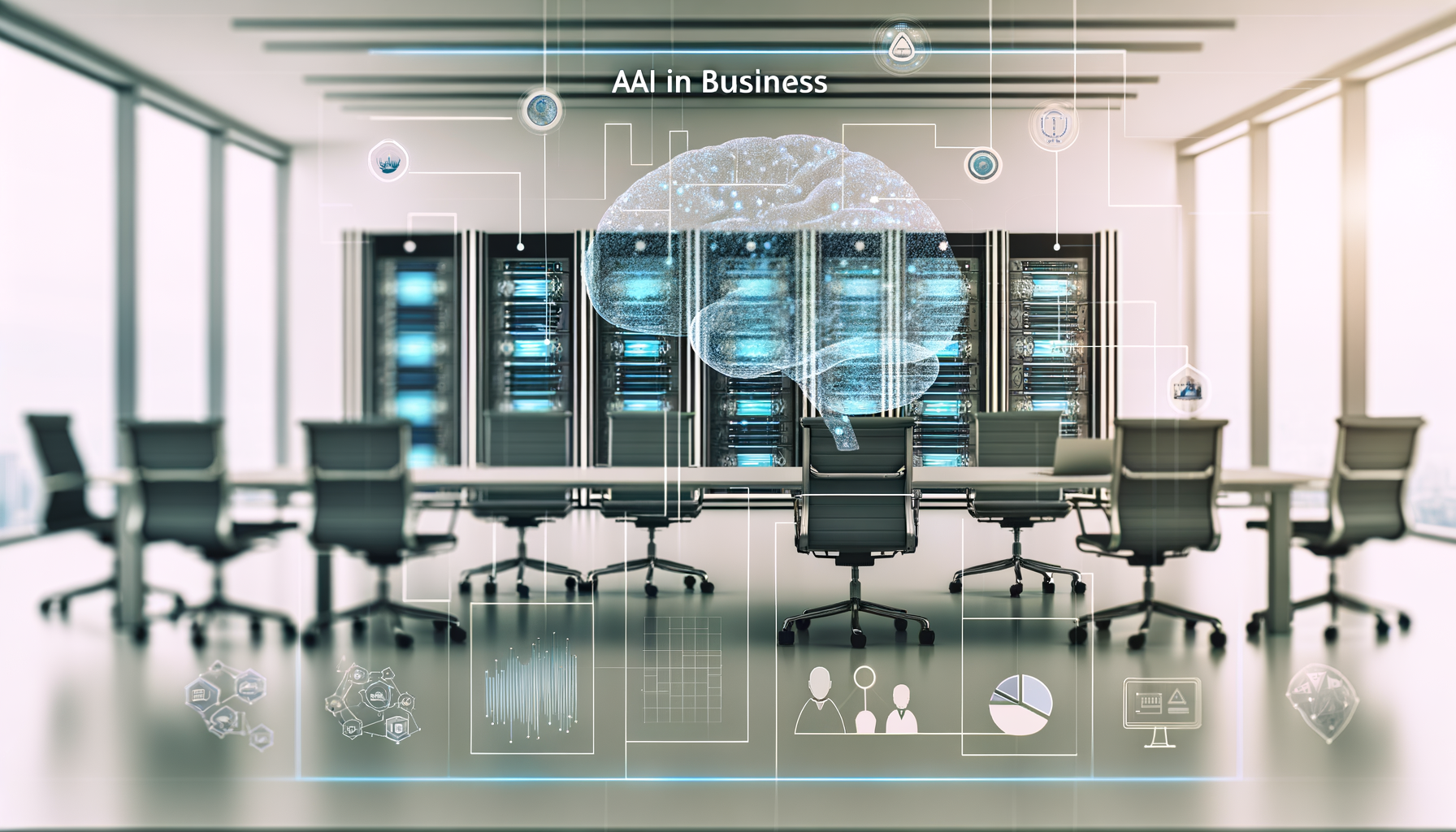In the digital age, artificial intelligence (AI) is no longer a futuristic concept but a transformative force that is reshaping the business landscape. From automating routine tasks to predicting market trends, AI is revolutionizing how businesses operate and compete in an increasingly data-driven world. This comprehensive guide will delve into the role of AI in shaping the future of business, offering insights into its applications, benefits, challenges, and potential impacts.
Table of Contents
- Understanding AI in Business
- Applications of AI in Business
- Benefits of AI in Business
- Challenges and Ethical Considerations
- The Future of AI in Business
- Conclusion
Understanding AI in Business
Artificial Intelligence (AI) refers to the simulation of human intelligence processes by machines, especially computer systems. These processes include learning (the acquisition of information and rules for using the information), reasoning (using rules to reach approximate or definite conclusions), and self-correction.
In business, AI can be leveraged to automate repetitive tasks, analyze large volumes of data for insights, enhance customer experiences, and make informed decisions. According to a report by McKinsey Global Institute, companies that fully absorb AI tools across their enterprises over the next five to seven years could double their cash flow.
Key Components of AI:
- Machine Learning (ML): ML is a subset of AI that enables machines to learn from data without being explicitly programmed.
- Natural Language Processing (NLP): NLP allows machines to understand and interpret human language.
- Deep Learning: Deep learning is a type of machine learning that uses neural networks with many layers (deep neural networks).
Applications of AI in Business
AI has found applications across various sectors, including healthcare, finance, retail, and more. Here are some ways businesses are leveraging AI:
Customer Service:
AI-powered chatbots and virtual assistants are transforming customer service by providing instant responses to customer queries, reducing wait times, and offering personalized recommendations.
Data Analysis:
AI algorithms can analyze vast amounts of data to identify patterns, trends, and insights that can inform business decisions. For instance, predictive analytics can help forecast customer behavior and market trends.
Automation:
From automating routine tasks like scheduling meetings to more complex processes like supply chain management, AI is helping businesses increase efficiency and productivity.
Benefits of AI in Business
The adoption of AI in business comes with numerous benefits:
- Increased Efficiency: By automating routine tasks, businesses can free up time for employees to focus on more strategic tasks.
- Better Decision Making: With the ability to analyze large volumes of data for insights, businesses can make informed decisions.
- Improved Customer Experience: AI can personalize customer interactions based on their preferences and behavior.
Challenges and Ethical Considerations
Despite its benefits, the adoption of AI also presents several challenges, including data privacy concerns, the risk of job displacement, and ethical considerations.
The Future of AI in Business
As AI continues to evolve, it will play an increasingly significant role in shaping the future of business. According to a report by PwC, AI could contribute up to $15.7 trillion to the global economy by 2030.
Conclusion
AI is not just a technological advancement; it’s a strategic tool that can drive business growth and competitiveness. As we move towards an increasingly digital future, businesses that embrace AI will be better positioned to adapt and thrive.
Ready to leverage the power of AI for your business? Explore our range of innovative solutions.



Leave a Reply